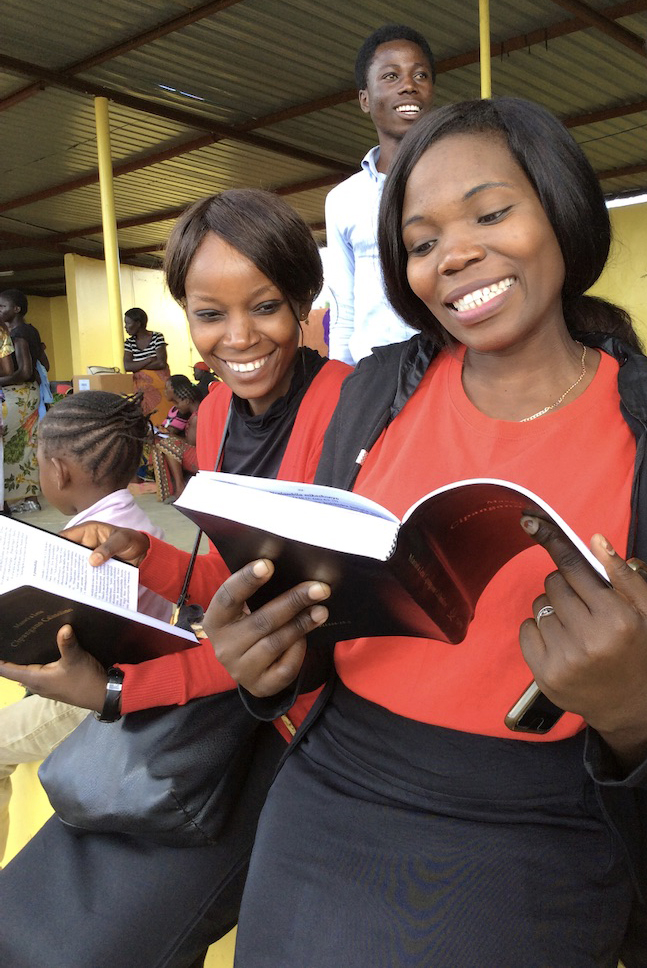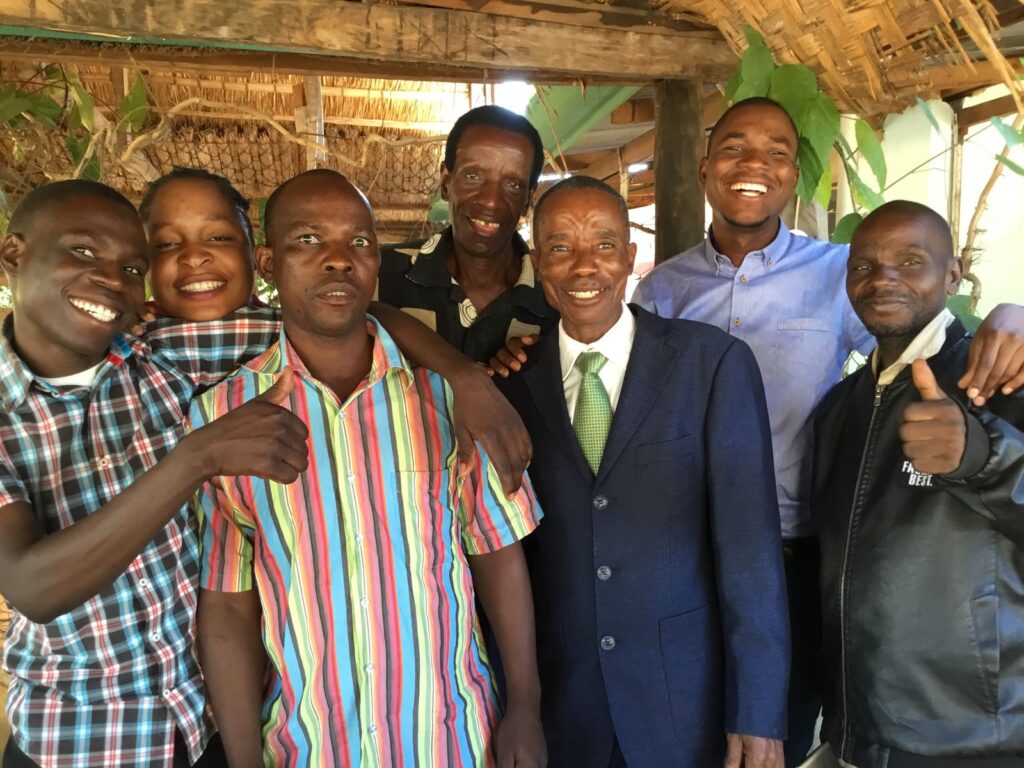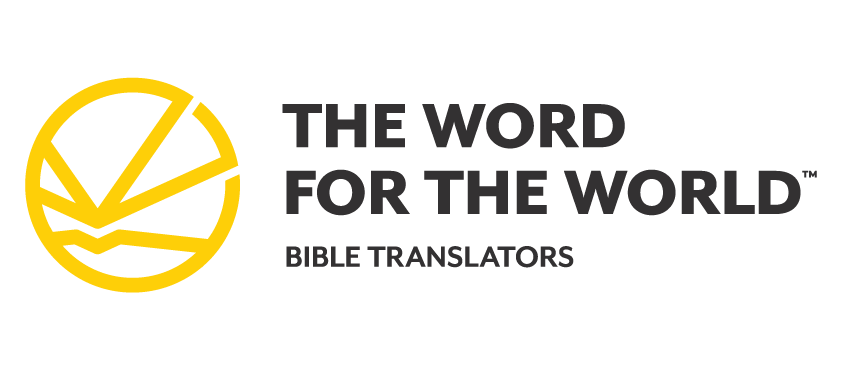“Really?! There’s still people doing that? I thought the Bible was already, you know, translated?” -An unnamed but well-meaning colleague.
After years spent working in the Bible translation movement, it can be easy to forget the perspective of those outside–or even my own previously held misunderstandings. Yes, the Bible is available in the major languages of the world. Yes, many people are multi-lingual and often speak one of the languages with a Bible. Yes, the church has had a long time and devoted many resources towards making the Bible available.

All this said, there are still hundreds of millions of people without the Bible in their heart language[1]. These people have not heard God’s Word come alive in the same language they use to express love, vent anger, or share a laugh. If we want people to experience a life-changing relationship with Jesus Christ, it is vital that they believe–deeply–that He speaks their language. The poignancy of this idea–that God somehow shares in my identity, culture, and experience–is often lost on us whose mother tongue is a majority language and who have easy access to the Bible.
Don’t just take my word for it–here are some brief stories from communities in Zambia that are being transformed through Bible translation.
Mr. Chenguluku comes from what might be called a “reached” community in central Zambia. His people have had missionaries, churches, and traveling ministers for decades–however, they have not had a Bible in their own Soli language. The Soli New Testament was released in 2018, and Mr. Chenguluku cannot stop smiling when asked about it, saying,
“Now that the New Testament is in Soli, they feel loved. […] they now understand the true meaning of salvation and they have come to know Jesus very well.”
Over in the Western Province, several teams–while overcoming problems with electrical shortages, food safety, and water scarcity–are striving to increase mother-tongue literacy and translate the Bible for their peoples. Mr. Lingamba, secretary to a Luyana chief, is excited that, through the work of translators like Mubita Kalalo, “children are starting to learn Biblical terms and know what to call God in their own language” and he is proud to see his language “being preserved through Bible translation.” He strongly asserts that “every tribe needs God.”

A little to the north, a once violent and angry soldier sings and dances in front of a small church that helps the Nkangala translation project. He has given his life to the Lord and says he’ll be singing and dancing more when the NT is released. He longs for the day when “the Bible will no longer speak to the minds of his people, but to their hearts.”
You can join The Word for the World in empowering eight projects in Zambia–each project a people without an understandable Bible. Each project a people needing to hear God’s word more clearly and feel His love more deeply.
We invite you to learn more and get involved–and we thank you for your time and prayers!
References
[1] Check out our partner org, illumiNations, for stats, stories, and to learn more at https://illuminations.bible/twelveversechallenge
